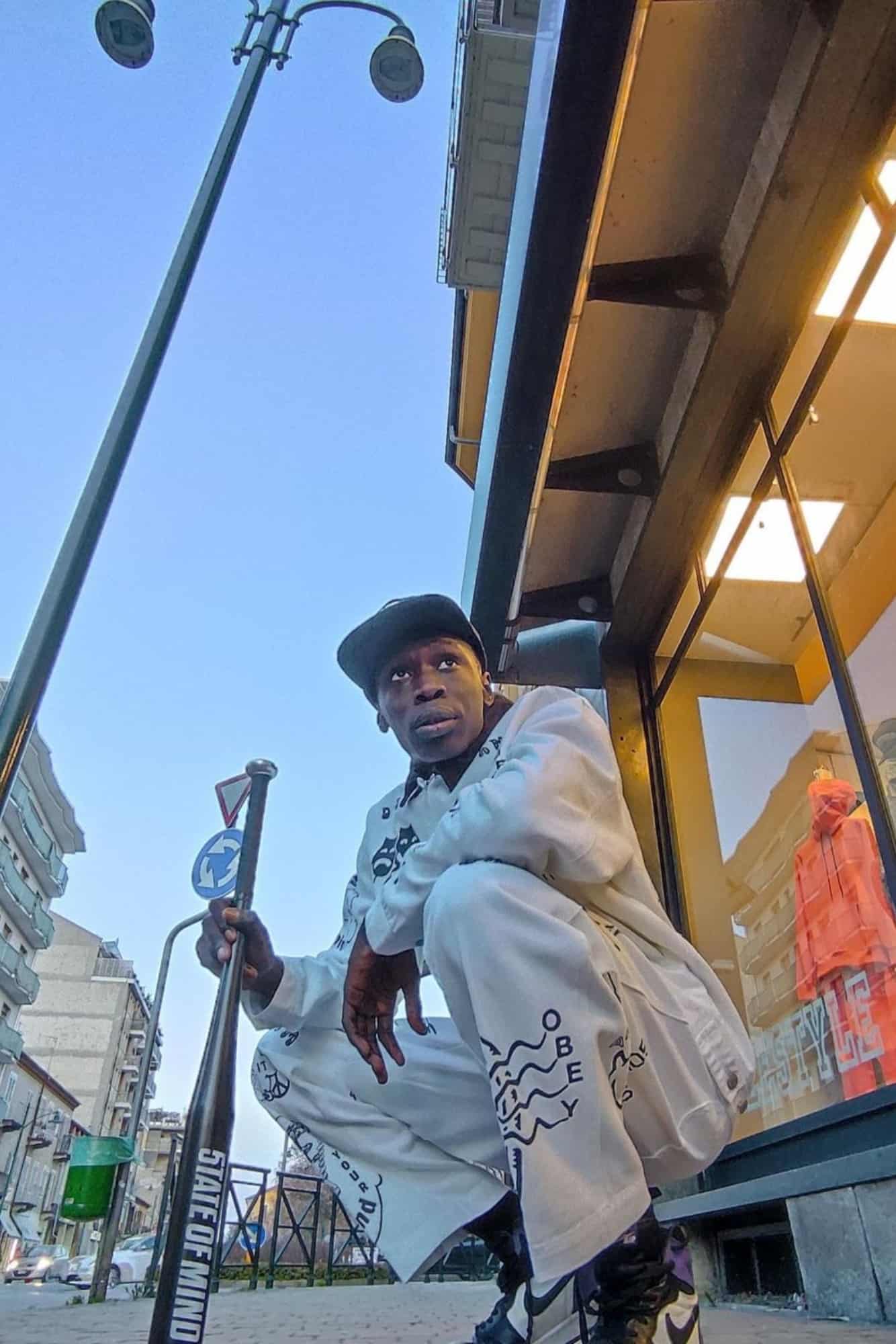If Pretty Little Thing’s Black Friday offers made you feel uncomfortable, you might want to avoid Shein. Once you get past the clothing site’s chaotic interface of pop-up “limited time” deals, you can find nearly 15000 dresses listed for as low as £2.99, a 99p accessories section and even a maternity line that starts at £1.99 a piece. It ranked as the top choice for clothing among American teenagers this year and was second only to Amazon for their favourite overall online retailer. It’s becoming nearly as popular on this side of the pond. In the UK it sells an average of 30,000 items per day, spends more on advertising than any other clothing label and is set to become the biggest fast-fashion retailer. Most surprising of all? Anyone over the age of 25 would be forgiven for never even knowing it existed.
Shein is targeting Gen Z
Unlike household names such as Pretty Little Thing or Missguided, the brand has had a stealthy approach to operations since its launch in 2008. It flies so low beneath the radar of cultural awareness that the most popular YouTube videos featuring the brand are usually titled something like “is Shein a scam?” or “is Shein real?” Instead of trying to reach a mass audience via flashy television ads or Love Island sponsorships, it’s narrowed its focus in the past couple of years on the key demographic fast-fashion needs to survive: Gen Z. Targeting them on their internet hub, most of the brand’s advertising comes via TikTok’s #SheinHaul challenge. Essentially just a regular haul with better effects and transitions, it’s one of the app’s most popular fashion formats at over one billion views. Most of this is from organic content – users are obsessed with the brand’s ability to dupe items from pricier high street names such as Brandy Melville or House of CB. Shein knows it. According to its website, it lists 1000 new items a day. If that sounds overwhelming, diehard fans are on hand to help you navigate each drop. Update accounts across TikTok scour the site daily to find the best new lookalike products and will even order and review each item so you don’t have to.
It’s easy to understand how Shein became so popular, because it’s the same story as any other fast-fashion brand. The real question is: why hasn’t it failed? Theoretically, all of its values contradict the values of Gen Z. Not only has it historically used unethical practices to undercut the already low prices of other fast-fashion brands but it’s survived numerous scandals unscathed. In the past few years, it’s been accused of selling swastika necklaces, rugs designed to look like prayer books, and was even forced to settle with the state of California over accusations it was shipping toxic materials in handbags. Shoppers are notoriously short-sighted when it comes to a brand’s background. However, even searches for #prettylittlething on TikTok bring up videos captioned with things like “PLT done me dirty” or #scam. To find the same for Shein isn’t quite so easy.
Success through micro-trends
The explanation for this brand loyalty lies in the nature of TikTok itself. While all fast-fashion brands draw inspiration from designers and celebrity style, from the very beginning Shein has built its platform by tapping into micro-trends. My one and only Shein purchase came when the brand offered a copycat design of a dress that was all over Tumblr in the summer of 2014. It was pale blue, patterned with eyes and, one month after purchase, absolutely hideous. This is what Shein thrives on – a trend so fleeting that nobody cares if it falls apart in a few weeks, because by then we’ve already moved on.
You may also like
TikTok’s fashion community is all about trying on different aesthetic personalities, so to stock a store with items that may as well be copied and pasted from the app is genius. This unique relationship between brand and consumer goes beyond the clothes themselves. Instead of shopping around for the perfect ambassadors, Shein has an affiliate programme open to anyone and everyone. No matter how small your following, signing up promises you between 10 and 20% commission on each referred sale, something smaller, independent stores just can’t compete with. For Gen Z, simply shopping for TikTok trends like Harry Styles’ iconic rainbow cardigan or the tie dye craze of lockdown plays a direct role in shaping the site’s output. Of course it’s Gen Z’s favourite clothing brand – they built it.
By Chloe James, fashion and beauty editor of CORQ.










Meet Cider – the TikTok obsessed fast fashion retailer aiming to be the new Shein